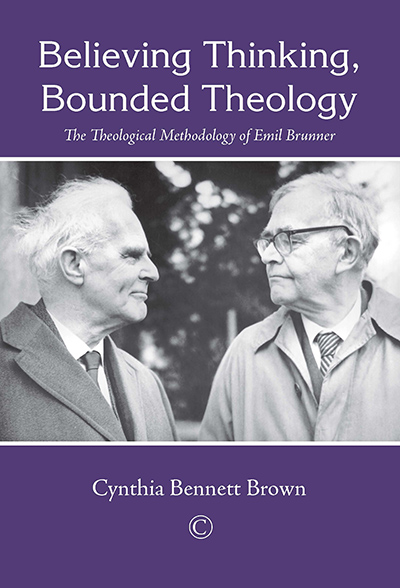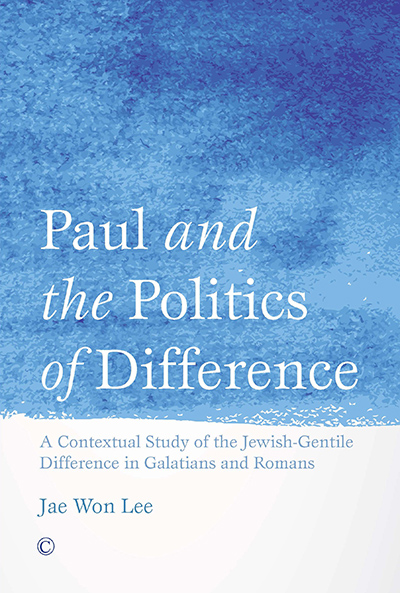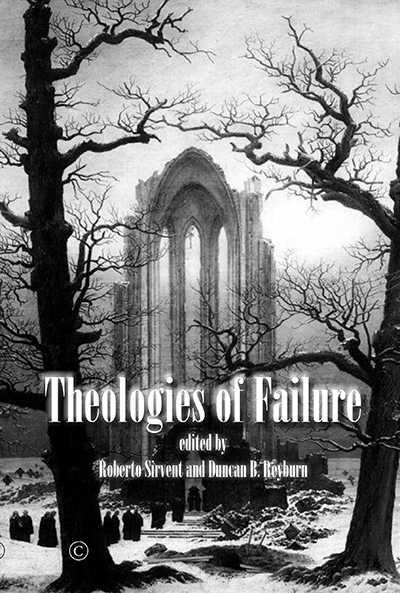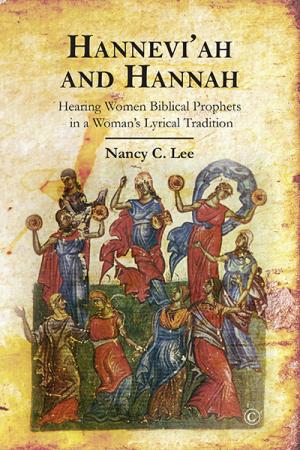Description
If theology at its best is knowing God and all things in the light of his reality, what is the nature of that knowledge? Of what can we be sure? Are there boundaries we must respect in pursuit of such understanding? To what extent can we know God, and what is the impact of that knowing?
Little attention has been given in recent scholarship to the work of Emil Brunner (1889-1966), a Swiss pastor, professor, missionary, and theologian whose name is classed among the neo-orthodox thinkers of the last century. But his influence on modern theology persists to this day, offering a path to philosophical truth through faith. In Believing Thinking, Bounded Theology, Cynthia Bennett Brown explores the nature of and limits to theological thinking in Brunner’s own work. What results from this study is an encounter with a thoroughly biblical, warmly pastoral, carefully intellectual, and insistently Christocentric exposition of the Christian faith that remains relevant for theology and life today.
About the Author
Cynthia Bennett Brown is Honorary Lecturer in Systematic Theology in the Institute of Theology, Queen’s University Belfast.
Contents
Preface
Acknowledgments
Abbreviations
1. Introduction
Part I: Believing Thinking
2. The Task of Dogmatic Theology
3. Case Studies in Dogmatics
Part II: Bounded Theology
4. Beyond Dogmatics
5. Beside Brunner – Karl Barth
Part III: Transformed Being
6. Behind Brunner – Søren Kierkegaard
7. Conclusion
Bibliography
Endorsements and Reviews
Cynthia Brown writes with clarity and passion about Emil Brunner’s enduring significance for Christian thinking. If Christian theology is to survive and flourish it needs to pay close attention to its purpose and methodology as well as its dogmatic content. Brown makes a strong case for Brunner as a guide for those claimed both by the need to be faithful to Divine Revelation and the demand to pay heed to contemporary human experience.
Richard Clutterbuck, Principal, Edgehill Theological College, Belfast
Those of us who wonder whether theology today needs fewer and not more voices will make an immediate exception after reading Brown’s volume. The author both rehabilitates this long-neglected theologian and persuades us that we neglect him today at our cost. With clarity and care, Brown reintroduces us to the thought of Brunner, once so influential on church and theology. We are edified and enriched.
Stephen Williams, Professor of Systematic Theology, Union Theological College, Belfast
A leading Reformed theologian of the 20th century, Brunner was widely read by pastors across the world. Although his influence has declined in recent years, his ability to combine dogmatic and apologetic theology is of contemporary relevance. In this accessible and sympathetic study, Brown offers an important scholarly reappraisal of Brunner which will be of much value to a theological generation less acquainted with his writings.
David Fergusson, Professor of Divinity and Principal of New College, University of Edinburgh
Overall, the book is clear and thorough in its structure, useful not only to the small handful of living Brunner scholars, but also to any theologian interested in the vital relationship between theology, Scripture, mission, and personal experience.
Aaron Edwards, in Theological Book Review, Vol 27, No 2





